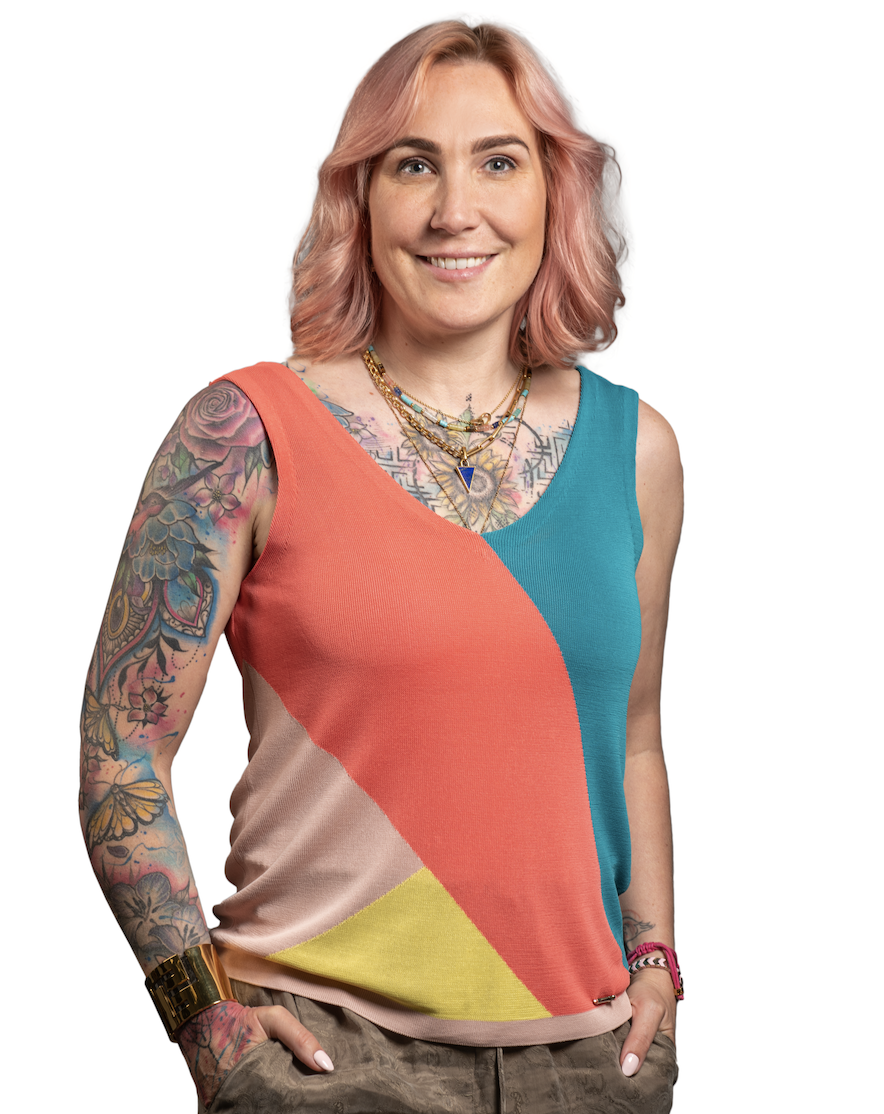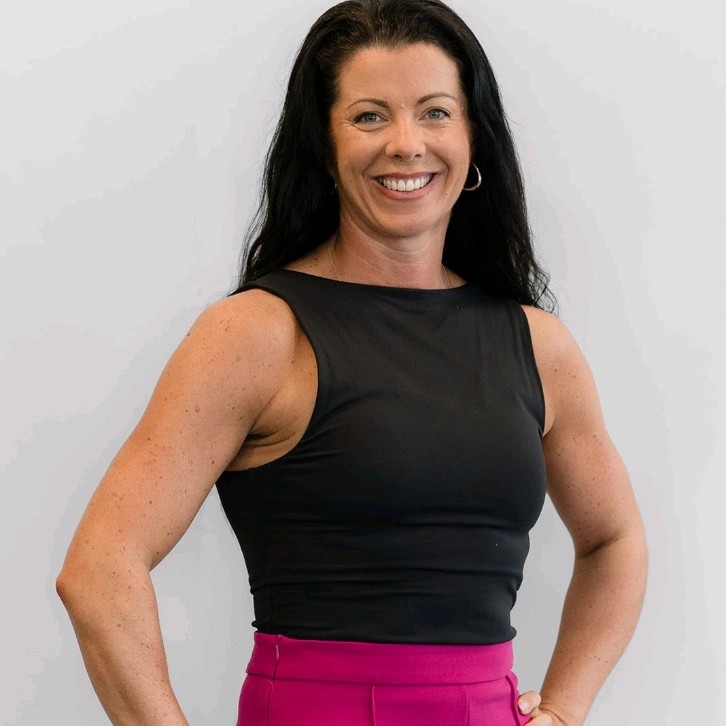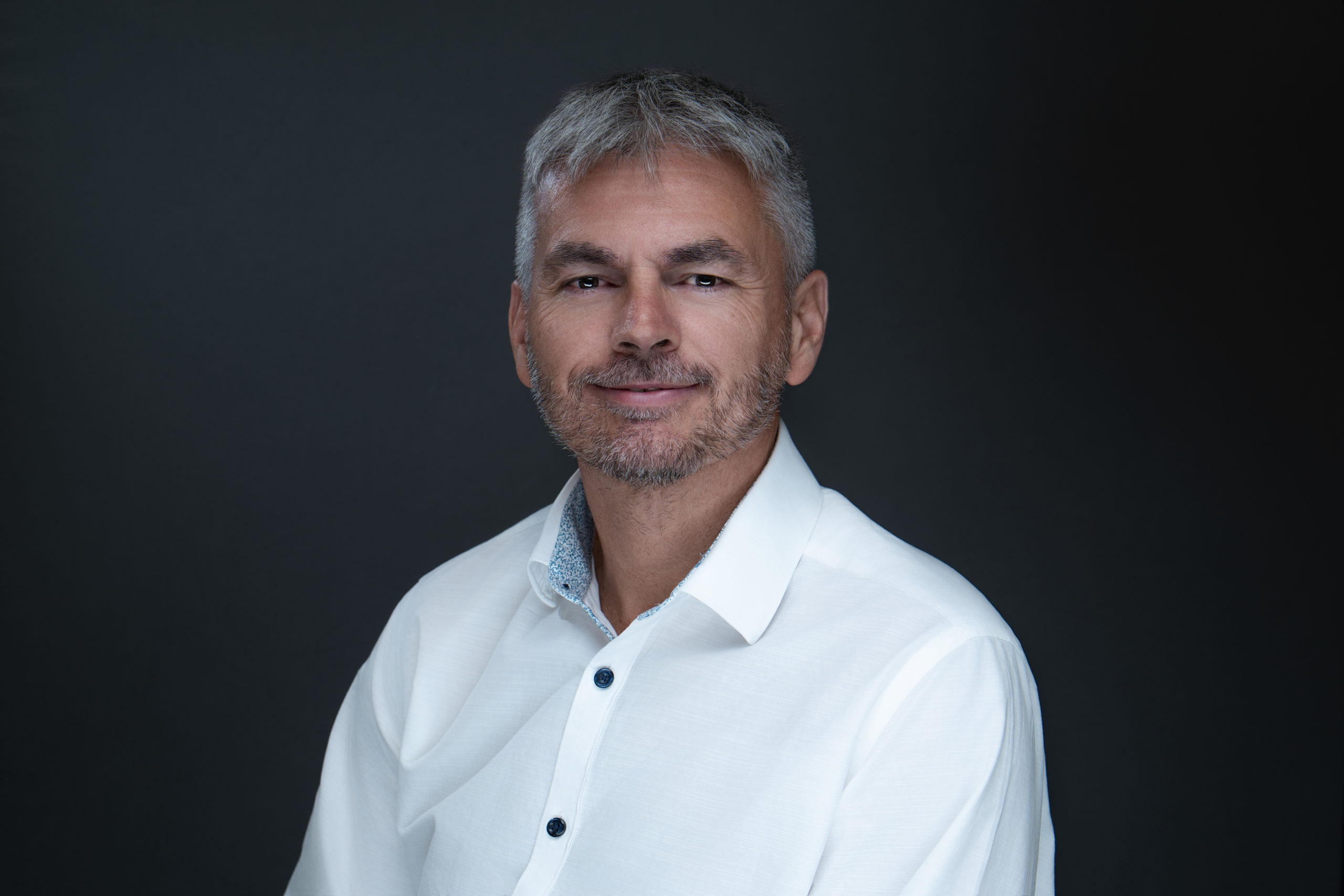
Hello Alice, great to meet you!
This issue of Modern Law Magazine is all about ‘breaking the mould’. What does ‘breaking the mould’ mean to you, and how do you implement this approach into your work in a way that soon becomes second nature?
For me, breaking the mould is synonymous with challenging the status quo. It’s closely linked to the stereotype that we are all associated with, and what we associate other people with as well. I think there’s a lot of stereotypes around that we’ve probably all heard about lawyers. Everybody loves a good lawyer joke at the dinner table about how unethical, greedy and boring we all are, and I think there’s also a lot of expectations around what a lawyer looks like, what a lawyer does, who a lawyer works for or what a lawyer’s career path looks like. I think ‘breaking the mould’ is really all about stepping outside of those expectations and those stereotypes by actually having the confidence and the drive to do things your own way.
Tell me your story! What were your drivers in terms of getting into the legal sector, and what route did you take to get to where you are today?
I took a pretty convoluted route into law. I had a baby when I was in my final year at school, and I guess my early twenties were quite challenging. I didn’t do particularly well in my A-Levels because I was seven months pregnant when I sat the exams. I had a year out where I worked part time and looked after my daughter. Then I went off to University – but because of the A-Level qualifications I had – and the difficulties I had managing childcare – I didn’t have a huge number of options available to me in terms of what I was going to study. I chose to do a course on Sociology and HR Management, which was a four-year degree and a placement year. I then started working in HR, at which point my daughter had started school. I got a job working in a HR department for the NHS, where I stayed for three years. But I just wasn’t loving it. I never dreamed of a career in HR – it just felt like I had fallen into it, and I really wasn’t passionate about it. I could do it and it was fine, but I felt like I was settling. At that point, I decided to go into Law. I wanted to provide for my daughter as a single parent, and so wanted to enter a profession that was going to give me security and stability.
Did you complete the Graduate Diploma in Law (GDL) to obtain those qualifications?
Yes, I went back to University at this point! Fortunately, I received sponsorships to do so. I had to give up working full time, so there’s no way I would’ve been able to afford it without this support. After two years studying, I went and did my training contract for a further two years, and qualified in 2011 during the last recession. Prospects were limited, and I couldn’t stay at the same firm I trained at because I knew I wanted to do commercial work. As such, I ended up moving around a little bit to try out different firms involved in the commercial tech space, and I did that for about three years before I reached my limit. I secured what I thought was the perfect job in a Bristol firm. At the time, they were the highest paying employers in Bristol and were a really great firm, but the reality wasn’t quite how I’d imagined. I left and really felt as though I was done with law. I had a couple of months off before my previous employer asked if I would do some consulting work for them. I agreed, and started freelancing for three years working for in-house teams. I did really enjoy it. It gave me a lot more flexibility and autonomy; I was a lot less involved in the politics of these various firms, with a lot more freedom and opportunity to approach my work in a more relaxed manner. I started Stephenson Law shortly after when I had my youngest child and realised that I would have more stability than the freelance equivalent.
Are non-traditional routes into Law encouraged as much as they could or should be? How can we do more as an industry to promote non-traditional career paths and social mobility?
There are some vocal people really advocating for non-traditional routes into law at the moment. When I was a trainee and in private practice, it was seen as a lower quality of training and experience if you were training in-house. There’s loads more routes into the profession now – there’s the SQE, Apprenticeships, and more options is always going to be a good thing! Ultimately however, there is still so much competition at entry level. It’s so hard and so competitive – there just aren’t enough jobs available for everybody, and you have to be at such a high standard to be in with a chance. From a social mobility point of view, I don’t know how people manage without a family friend in the profession or even just somebody who can give them some career advice, help with their CV and the such. The profession is not accessible to everybody, so how do you make yourself stand out in a sea of other applicants looking for that first step into the profession? It’s really difficult.
You founded ‘Lawscape’, a peer-to-peer network of leaders in law. Tell me more about this! How does the sense of community benefit you and your members?
It all started with an idea that I’d had for an event last year. When I thought about some of the conversations that were happening in the legal industry at the time, there wasn’t really anything going on addressing the topics I wanted to talk about. I hosted the first LawScape event in London at the end of last year. We had three panel conversations – one about social media marketing, one about tech, and one about purpose. It was a sell-out event and so successful, to the point that everybody just wanted to know what was next. We were talking about what a modern law firm looks like, which soon translated into a close-knit membership community. It hasn’t been running for very long, but it’s been great to welcome members with different levels of experience from all over the world. I feel that we can really learn from each other, and we also arrange for experts to come in and teach us. Being an entrepreneur is generally quite a lonely thing – and running a law firm is the same as running any other business, but it’s got this whole added layer of complexity on top of it that only people running other law firms can really comprehend. It’s all about subverting the opinion that you can’t share with people who are essentially your competitors, shifting that perspective to thinking ‘if we don’t all support each other, then we are less likely to survive’. I do believe that there is enough work out there for all of us, and to have that innovation and creativity, to have these firms challenging the status quo, is extremely critical.
So, how can legal professionals embrace creativity more in their day-to-day role?
A lot of lawyers say they aren’t creative, but the two don’t need to be mutually exclusive. Fundamentally, people need to redefine their perspective of creativity, because a good lawyer must be creative when it comes to solving problems for our clients, and there is very rarely a binary solution. This is where the creativity element comes in – to really be able to solve those problems for people and come up with as many viable solutions as possible. It’s also about embracing yourself and your own creativity rather than denying its existence. We talk a lot about being authentic at work and how that’s better for your mental health and performance, better for your job satisfaction, and so on. If you can tap into these things and embrace creative thinking, it’s a win/win.
Let’s talk about wellbeing for a moment, then. How does self-care factor into the way that you work and live?
There’s a lot in the press about toxic work cultures, and as much as we wish it wasn’t the case, these toxic work environments still exist. The first thing you’ve got to do is make sure you aren’t in one of them. In environments like that, it doesn’t matter how much meditating you do, or how often you go to the gym. It’s never going to compensate. So first of all, it’s important to find a work environment where you are happy and comfortable, where you have a psychological safe space to thrive and be respected. From a wellbeing point of view specifically – from starting my own firm and experiencing a considerable amount of stress as a business owner – there are lots of things I tried. Ultimately, it’s about looking after yourself; what you eat, what you drink, how active you are, making sure that you aren’t sitting in front of your screen for 14 hours a day, and practicing self-discipline when it comes to things that impact your mental and physical health. Still make time for your friends and family, and don’t let consume every part of your life. As a lawyer this can be so easily done because the work never stops coming. It’s so much about setting boundaries for yourself.
What advice would you give to other legal professionals who want to go against the grain to become or maintain their authentic self in work?
It certainly requires a degree of bravery to break the mould – stepping away from the expectations that people have of you and redefining them. There’s always that fear of not being accepted, and as human beings we naturally fear rejection so much that it really drives us to conform on so many levels. You have to have that confidence in yourself. I used to keep my tattoos covered, for example – and when I actively started not doing this the reaction was mostly really positive and kind. You can take transformation in baby steps if that’s something you’re more comfortable with. You just need that little bit of courage to do something that falls in line with that of your authentic self.
Let’s wrap up by discussing where the legal profession might be headed in the next five to ten years. Do you feel that perceptions of a ‘legal professional’ will continue to shift and be challenged?
If I’m completely honest, I don’t think we are going to see any monumental changes in that timeframe. I don’t think that’s enough time. There are still a lot of issues within the legal industry around diversity, inclusion, equity. There’s a lot of discrimination and prejudice which carries archaic perspectives, all of which are still influencing the decisions being made in the law firms who are the primary employers of lawyers in the country. Whilst that is evolving as the older generation retires, a monumental shift is still going to take time. I would like to see more change in the industry at a much more rapid pace. I have however been pleased recently by the Law Society, who has recently started to become a lot more involved with its members on social media. They shared one of my articles recently about what a lawyer should look like, so they seem to be picking up examples of people in the industry who are breaking the mould and sharing those stories across their platform. I really like that, and I think that if they continue in this positive direction, it will really start to make a difference across the sector.




